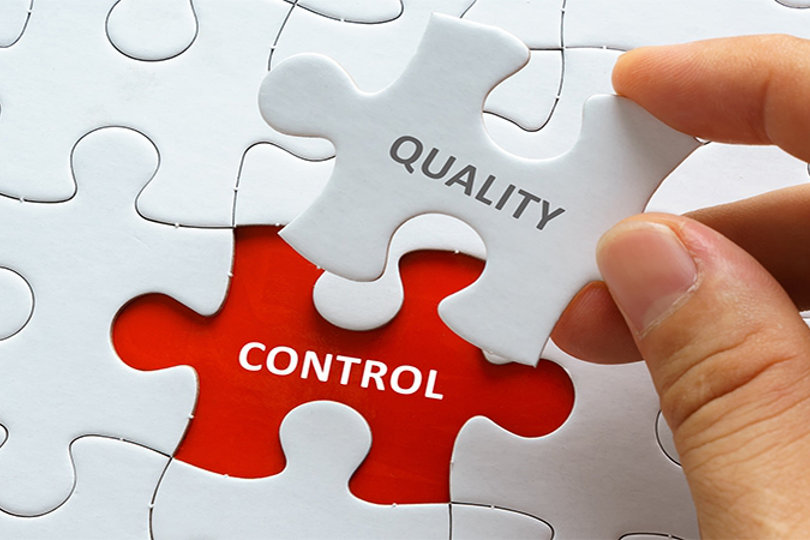As one of the keys to longevity and profitable operations, business expansion is an extremely important procedure that requires attention to detail and careful planning. Although it is fairly self-explanatory, it includes any form of geographic or catalog building where the brand enters new markets. Unfortunately, it is also one of the most common reasons why new companies fail or lose a lot of their investments.

Quality Control Concerns When Scaling
When an organization is scaling, the members of the executive leadership have to divide their attention. Instead of completely focusing on the day-to-day operations and long-term goals, they have to find time to manage the complex expansion as well.
A common byproduct of such an approach is a drop in the quality of the goods or services sold to the customers. Expectedly, individuals who might be loyal to the brand and start receiving sub-par deliverables will be forced to reconsider future transactions. Hence why maintaining outstanding quality control when expanding is vital to the entity’s survival.
Ensure That the Timing Is Right
Fazt Tech is a tech and licensing company that specializes in high-quality services. Based on a few expansions conducted by the brand in the past, they cite timing as the first factor that must be analyzed. In other words, is the business that is undergoing an expansion ready for it? Do the current state of the economy, the degree of revenue predictability, and anticipated benefits truly outweigh the risk of scaling? If there is even a minor doubt about the answer, the expansion should be postponed.
Trying to scale in an inappropriate moment will require sacrifices that are often noticeable in significant processes such as quality control.
Do Not Prioritize
In case that someone has already started their expansion venture, it does not mean that postponing or canceling such pursuits is no longer an option. The real question, however, is how does a person in charge realize that they need to put a stop to the project immediately?
According to Fazt Tech, a great rule of thumb is to see if there are mandatory prioritizations. That means that the lack of capital or time forces the company to choose between the expansion and something like quality control. The right choice in that scenario is to not make one at all.
To understand why, consider the following hypothetical responses. If a company chooses to prioritize expansion, quality control will suffer and existing clients might be lost. If quality control is prioritized, there is a good chance that the expansion will not be done correctly. Instead, simply pausing the expansion and coming back to it later will be the best compromise under these circumstances.

Delegate Duties and Increase Workforce
When organizations have enough resources and time to handle both quality control and expansion simultaneously, they must simply introduce additional safety layers. The first one is to delegate duties and hire more workers. Thus, during the time when executive leadership is mostly focused on scaling, hiring an additional quality control manager or two is advised.
It is also crucial to replace any employees who get taken out of the quality control department and transferred to the expansion project.
Establish Additional Control Points
Companies tackling difficult expansions need to establish a few additional procedures that will act as added lines of defense against defective products or services.
An excellent example includes a quality checkpoint that has to be manned by an independent quality coordinator. The same outcome could also be achieved by reinforcing strict quality checks directly on the assembly line workers or service providers. Asking them to fill out and submit quality reports to their superiors could help managers review performance and ensure that no errors go unnoticed.
Tighten Comparison Benchmarks
Finally, since the primary downside of an expansion is that it takes away focus from quality control, changing the benchmarks may be necessary. Before explaining how, one must understand what types of benchmarks are used in their company. A lot of businesses that sell goods have benchmarks for production times, percentage of defective units, number of daily checks of quality, and similar.
For instance, a mass-producer of wooden frames may rely on the output of 1,000 units with an average of 30 quality checks per week. If that company is suddenly expanding in three more states and the leaders cannot visit the facility soon, the production might need to be scaled back. So, instead of expecting 1,000 units, setting the benchmark at 750 might be more realistic.
Increasing the number of weekly checks from 30 to at least 40 is also a realistic adjustment. That way, the production that lacks executive supervision will be scaled back and further reinforced with additional weekly quality inspections.




